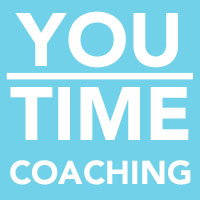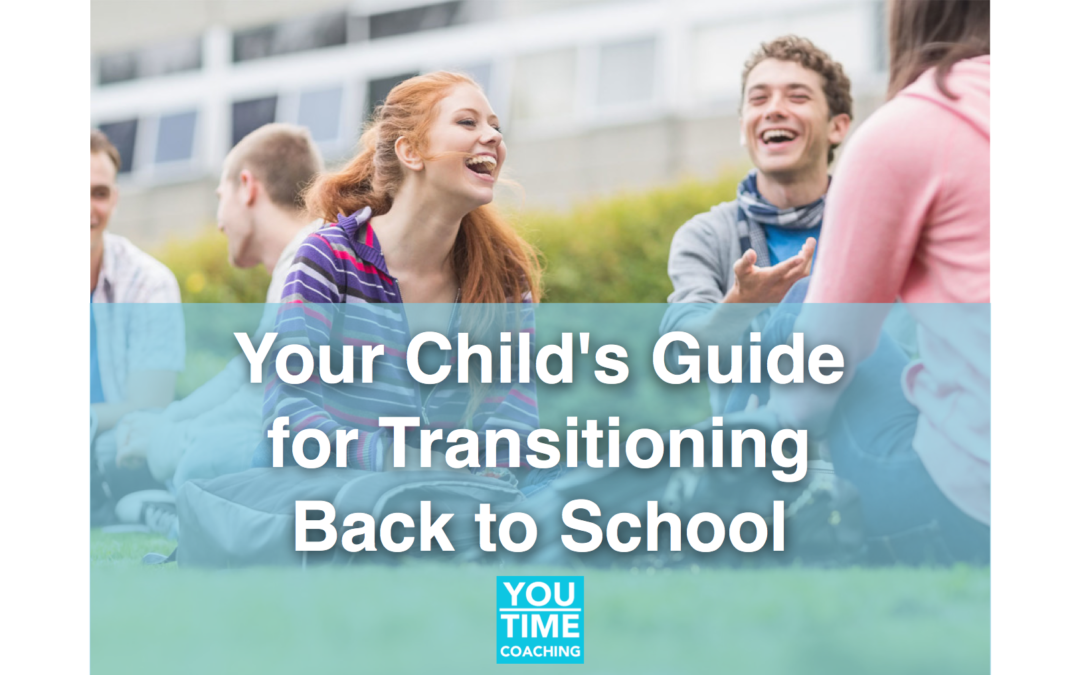Although the first day of classes may not consist of much homework or expectations, it all can build up pretty quickly. Use these tips and strategies from your “Back to school tool box” to help make your transition easier!
1. Are you feeling tired and over worked? Use these two strategies to become more relaxed.
Catch some Zzzz’s: Have you ever noticed when you are tired you become more irritable? Prioritizing your school work and extracurricular activities right away is critical for setting a routine for the rest of the school year. Since you are not used to using your brain as much from the time off in the summer months, your brain gets tired easier. Therefore, getting a good night’s rest is important. When you are feeling anxious about school work or just from lack of sleep, it is helpful to schedule time for a nap or to get to bed early. That way you can wake up feeling more refreshed and better able to accomplish what you need to do that day.
Limit the Caffeine! Remember, nothing replaces actual rest when you need it! If you are lacking sleep, you are probably not lacking caffeine. Unfortunately, drinking coffee will only worsen your anxiety and make you feel more stressed (especially if you are on medication for ADHD). When you are feeling anxious, caffeine can be your worst enemy because it often makes individuals feel jittery as well as increasing their heart-rate. If this feeling reminds you of yourself, try weaning off the Starbucks to one Caramel Macchiato a day instead of two! Some alternative drinking approaches you could try would be drinking a full glass of water each morning. This helps aid in digestion as well as keeping your body hydrated. Also, you could also try tea. Tea can be completely caffeine free and comes in lots of great flavors!
2. Do you find yourself feeling un-motivated during the school year? Try these tools.
You are what you eat! Consuming quality foods will significantly alter the way your body works. If you eat healthy food, you feel healthy. If you eat cake and ice cream, you feel unhealthy. It’s that simple! There are some foods that are scientifically proven to help reduce symptoms of anxiety. Remember you are what you eat! For example: Turkey, avocados, leafy greens, and even dark chocolate!!! Turkey is a food rich with tryptophan, which makes you feel very relaxed and even sometimes even sleepy after consuming. Avocados have lots of B vitamins which release neurotransmitters such as serotonin and dopamine (just like exercise). Therefore, you will naturally feel better after eating them. Dark chocolate is full of antioxidants and reduces the stress hormone cortisol which could help lower stress levels and anxiety. Now don’t say no one ever said chocolate was good for you! Amen to that!
Burn some calories! When I say burn some calories, I don’t mean spend hours on the treadmill. Exercising can be fun and it doesn’t have to be all day! Try doing about 30 minutes of high intensity training three times a week. Whether it be swimming in the pool during the last few weeks of summer, or dancing around your bedroom to your favorite song. Working out with a friend is a good way to push yourself and the other person. Anything that helps you break a sweat will do. Exercising can also help improve your cardiovascular health which isn’t a bad thing!
3. Are you constantly nervous and stressed out by school work? Look in your toolbox!
Prioritize, prioritize, prioritize! Starting out the school year with too much on your plate might be anxiety producing. If you find yourself running around from one thing to the next, maybe it is time to decide what is the most important. Using a calendar or planer to plan out each part of your day can help to ease some feelings of dread because you know what is coming next. It can also help to determine what you have time for and what things you might need to put on the backburner. Also, creating a “To-Do” list can be a great organizational and therapeutic tool. The act of simply crossing off completed tasks can create a sense of accomplishment and satisfying feelings.
Take it Slow and steady. When feeling worried about back to school, it can help to literally move slowly to better focus on the task on hand. For example, when picking up your dorm room for the first time since move in day, try really focusing on folding your clothes and putting them in their proper place. I know it sounds silly, but by doing this it can help take your mind off what is making you nervous. You will also end up with a clean room which is a plus!
Know what triggers you? Are you someone who can tell that you will be worked up about an event before it happens? Knowing your triggers can help ease stress and anxiety before it starts. If starting school in a new classroom with new teachers makes you weak at the knees, try setting up a meeting with your teacher before class officially starts. That way you can get to know them on a more personal level and see what they will be expecting from you as a student beforehand. Does having to wake up early every day during the week stress you out after sleeping in all summer? How about trying to wake up early 3 days a week during the month of August so you are on a better schedule when school begins. Just being aware of what makes you tick is a good way to determine how to handle the situation before it starts.
4. Unsure of who you should talk to in times of need, try this idea!
Find a safe circle. A safe circle is made up of people you surround yourself with to make you feel more comfortable. Utilize your resources! Whether it be your parents, friends, counseling center or your coach, these people are here to support you and they want to help you succeed. Knowing who to talk to about how you are feeling can only help to ease your anxiety in nerve racking school situations. For example, when you are swamped with homework and don’t know how to manage your time, ask your YouTime coach, they can help you to sort out what is most important and help you get through it step by step. Who makes up your safe circle?
Your closing thought:
By using these tools from the “back to school tool box” you can help your child to learn the skills they need to become successful in any situation! The most important thing to do is to be aware of how your child is feeling and think about how you can help to change their thoughts and actions to get a better result. Another thing to note is that all of these tools might not work for everyone. Trial and error for a few weeks at a time would be the best way to determine if these types of suggested foods, exercises and support systems are good for your child individually. It doesn’t hurt to try!




